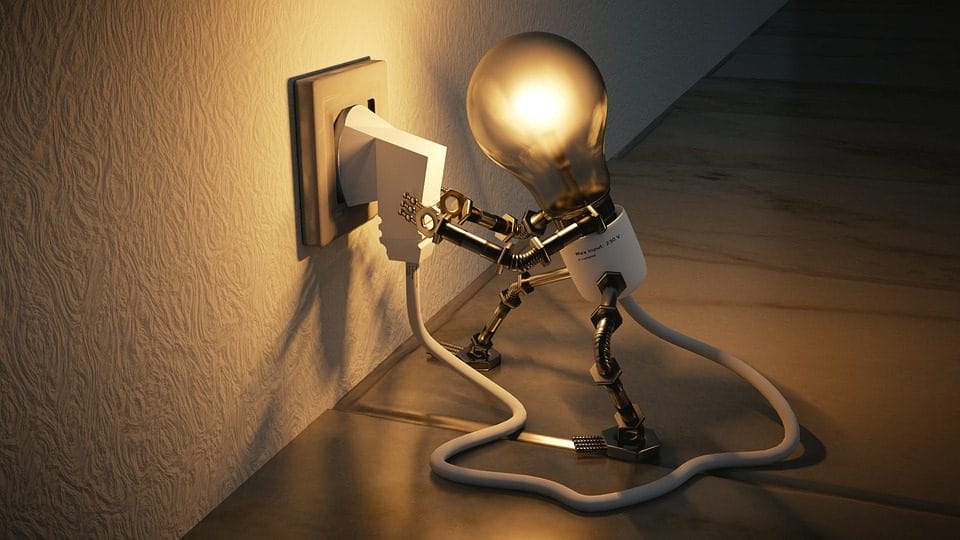Image Source: Pixabay
Electricity is the lifeblood of modern life. Homeowners use electricity to power their homes, appliances, electronics, and more. And while electricity is a powerful and convenient energy source, it can also be dangerous if not properly managed.
That’s why homeowners must take certain precautions when using electricity in the home. Several potential electrical hazards are lurking around every corner, and knowing how to protect yourself from them is essential.
If you’re looking for ways to improve your home safety, here are some tips to help keep you safe from common electrical hazards:
Get Insured
The right home insurance is essential for protecting your property from electrical hazards. Most standard homeowners policies should cover damage caused by electrical fires and power surges. Be sure to review your policy carefully and ask your insurance provider any questions you may have about what’s covered.
If you happen to get injured due to faults with your electrics, you may be able to seek compensation. Consult an attorney specializing in electric shock accident lawsuit cases to discuss your legal options. Your attorney can advise you on the best course of action.
Install GFCI Outlets
GFCI outlets are designed to protect against electric shock. The outlet monitors the amount of electricity flowing into and out of the receptacle and will trip when it senses an imbalance in this current. This instantly shuts off the power supply, preventing severe injury or electrocution.
GFCI outlets are significant for areas where water is present, such as bathrooms, kitchens, and outdoor outlets. You can install these yourself or hire an electrician to do the job for you.
Use Surge Protectors
Electrical surges can occur when there is a sudden, unexpected spike in electrical current. This can cause severe damage to your appliances, electronics, and any equipment connected to the system. Installing surge protectors is also an excellent way to prepare for a power cut.
Consider investing in an appropriate surge protector for each outlet or device to protect your devices from this type of damage. Surge protectors can help minimize the effects of a power surge and significantly reduce the risk of electrical damage.
Avoid Overloading Outlets and Extension Cords
If your outlets are overloaded, you can run the risk of an electrical fire or shock hazard. To prevent this from happening, make sure not to plug too many appliances or devices into a single outlet. You should also avoid using extension cords for long periods, as these can become frayed and worn over time.
You can also have an electrician install additional outlets if your current setup is inadequate for your needs.
Inspect Your Electrical Cords and Appliances Regularly
Make it a habit to inspect all of your electrical cords and appliances regularly. Look for any signs of fraying or exposed wires that could present a shock hazard. Replace any damaged cords or appliances immediately.
During the electrical inspections, ensure that all your outlets are properly grounded and free from any foreign objects. Do not attempt to service or repair any electrical appliances unless you have the proper training and experience.
In summary, these tips will help keep you safe from common electrical hazards and improve the safety of your home. Remember, when it comes to electricity, prevention is vital. Always practice caution when using electric devices or appliances in your home, and be sure to inspect them regularly. Never attempt to repair or service electrical equipment yourself. If you have any doubts, always contact a professional electrician. Taking the time to follow these simple steps will ensure your family’s safety and peace of mind.
Senior Outlook Today is your go-to source for information, inspiration, and connection as you navigate the later years of life. Our team of experts and writers is dedicated to providing relevant and engaging content for seniors, covering topics such as health and wellness, finances, technology and travel.






